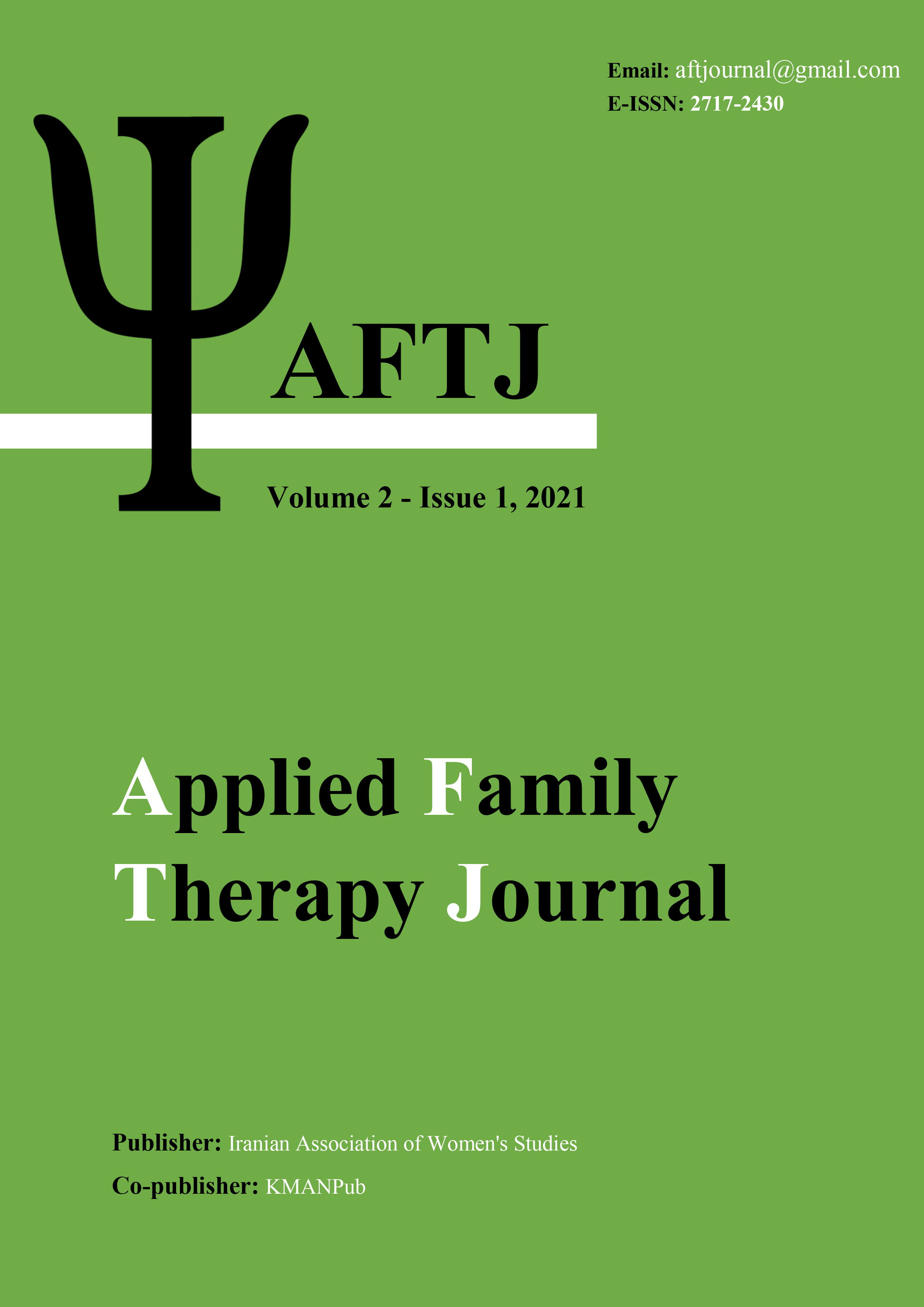The effectiveness of cognitive rehabilitation therapy on reading and writing skills among students with learning disorders
Keywords:
Learning Disorders, Reading Disorder, Writing Disorder, Cognitive RehabilitationAbstract
Aim: This study aimed to assess the effectiveness of cognitive rehabilitation therapy on reading and writing skills among students with learning disorders. Methods: The research method was quasi-experimental with a pretest-posttest design with a follow-up and a control group. The statistical population of the study included the students of primary schools in Ardabil who had learning disorders (2018-2019). The convenience sampling method was used in this study, in which 50 people were selected using this method and were divided into experimental and control groups. The experimental group received 20 sessions of cognitive rehabilitation intervention based on the hierarchical model of Solberg and Mitter (2001). The reading and writing skills questionnaire of Karami et al. (2005) was used to collect the data. The repeated-measures analysis of variance (ANOVA) and SPSS software were used to analyze the data. Results: The findings indicated that cognitive rehabilitation training significantly reduced the mean of reading disorder sores (F = 18.99, P = 0.001) and writing disorder scores (F = 41.01, P = 0.001) in the experimental group. Also, this result was stable at the follow-up stage (P <0.05). Conclusion: The obtained results are indicating the impact of cognitive rehabilitation therapy on reading and writing skills among students with learning disorders. Accordingly, it is better for educational centers to use cognitive rehabilitation therapy to assist the development of reading and writing skills among students with learning disorders.
Downloads
Downloads
Published
Issue
Section
License

This work is licensed under a Creative Commons Attribution-NonCommercial 4.0 International License.





















